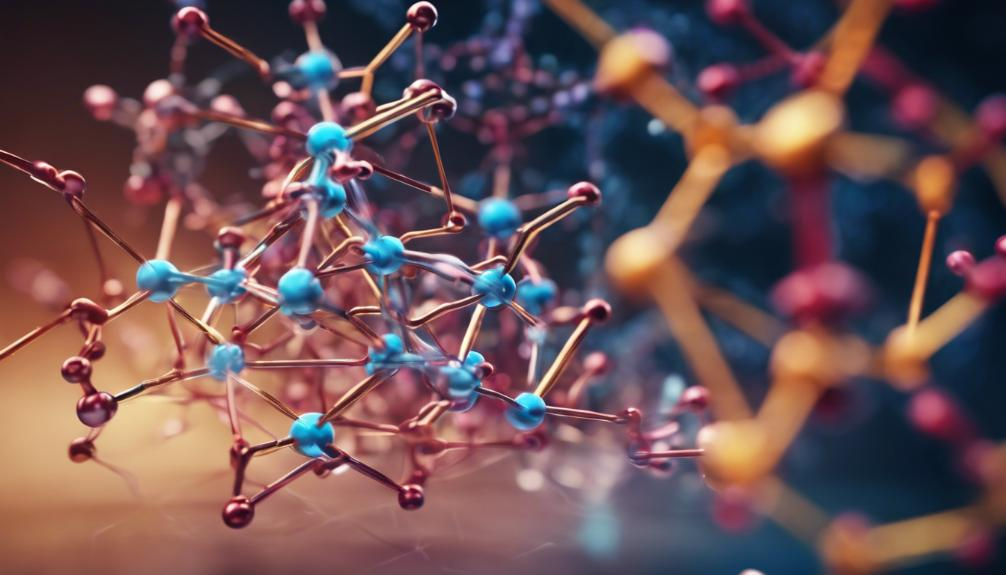Molecular quantum computing is an exciting frontier in the realm of quantum technology, poised to revolutionize the way we handle quantum operations.Recent breakthroughs have demonstrated how trapped molecules, particularly cold polar molecules, can be utilized as qubits—the fundamental units of information in quantum systems.
Author: admin
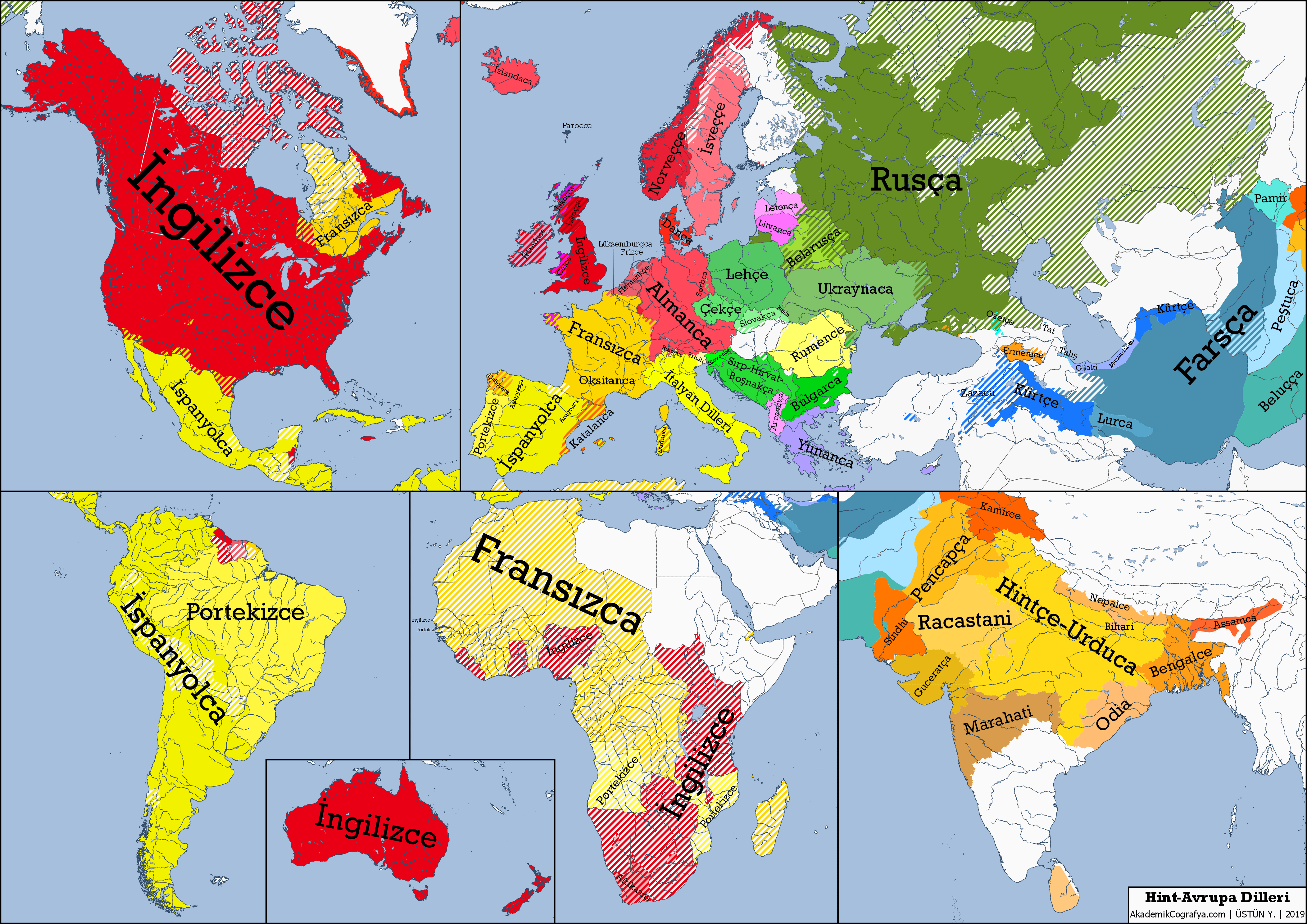
Indo-European Languages: Discovering Their Ancient Origins
Indo-European languages represent a fascinating family of over 400 languages, which is spoken today by more than 40% of the world’s population.Recent landmark studies have traced the roots of these languages back to the Caucasus Lower Volga people, who lived in what is now Russia approximately 6,500 years ago.
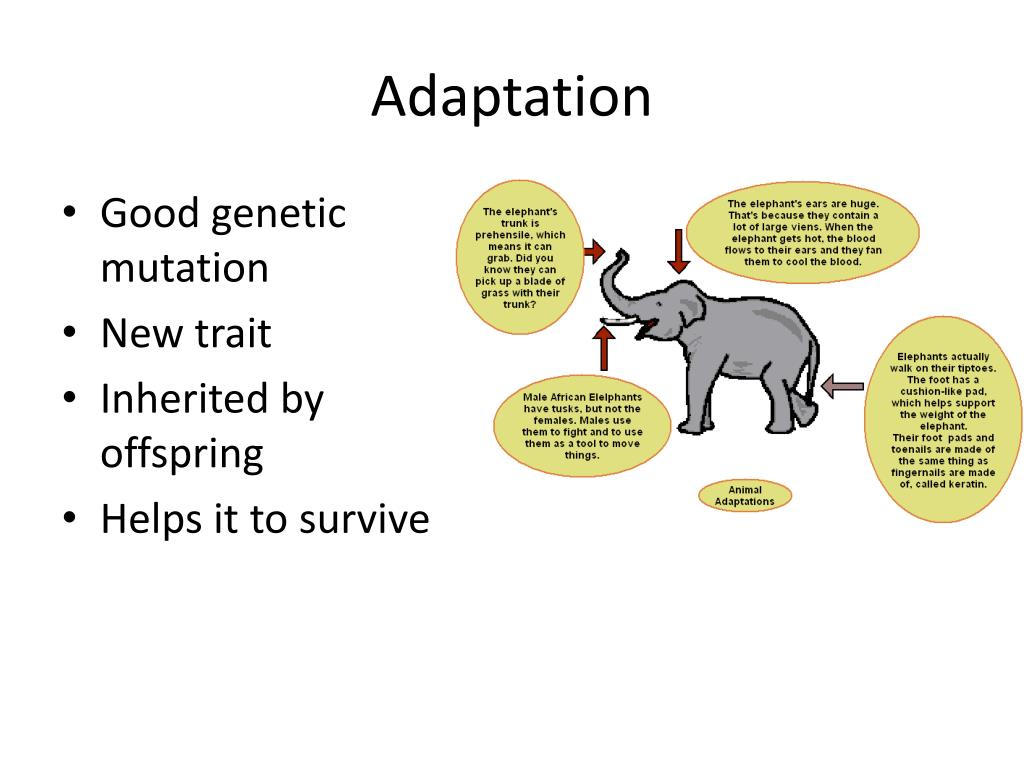
Genetic Adaptation: Insights from the House Finch Study
Genetic adaptation is a fascinating concept that sheds light on how species evolve over time in response to environmental challenges.A recent study examining the house finch has provided groundbreaking insights into this phenomenon, highlighting the intricate relationships between DNA variation and disease resistance.

Bill Gates AI Predictions: Navigating Future Technology
Bill Gates AI predictions are starting to draw significant attention, especially in the wake of his recently published memoir, “Source Code.” In this engaging work, Gates reflects not only on his early life and the history of Microsoft but also on the profound impact of AI on our society.He expresses both optimism and caution about AI’s growing capabilities, emphasizing how it can revolutionize fields like medicine and education.
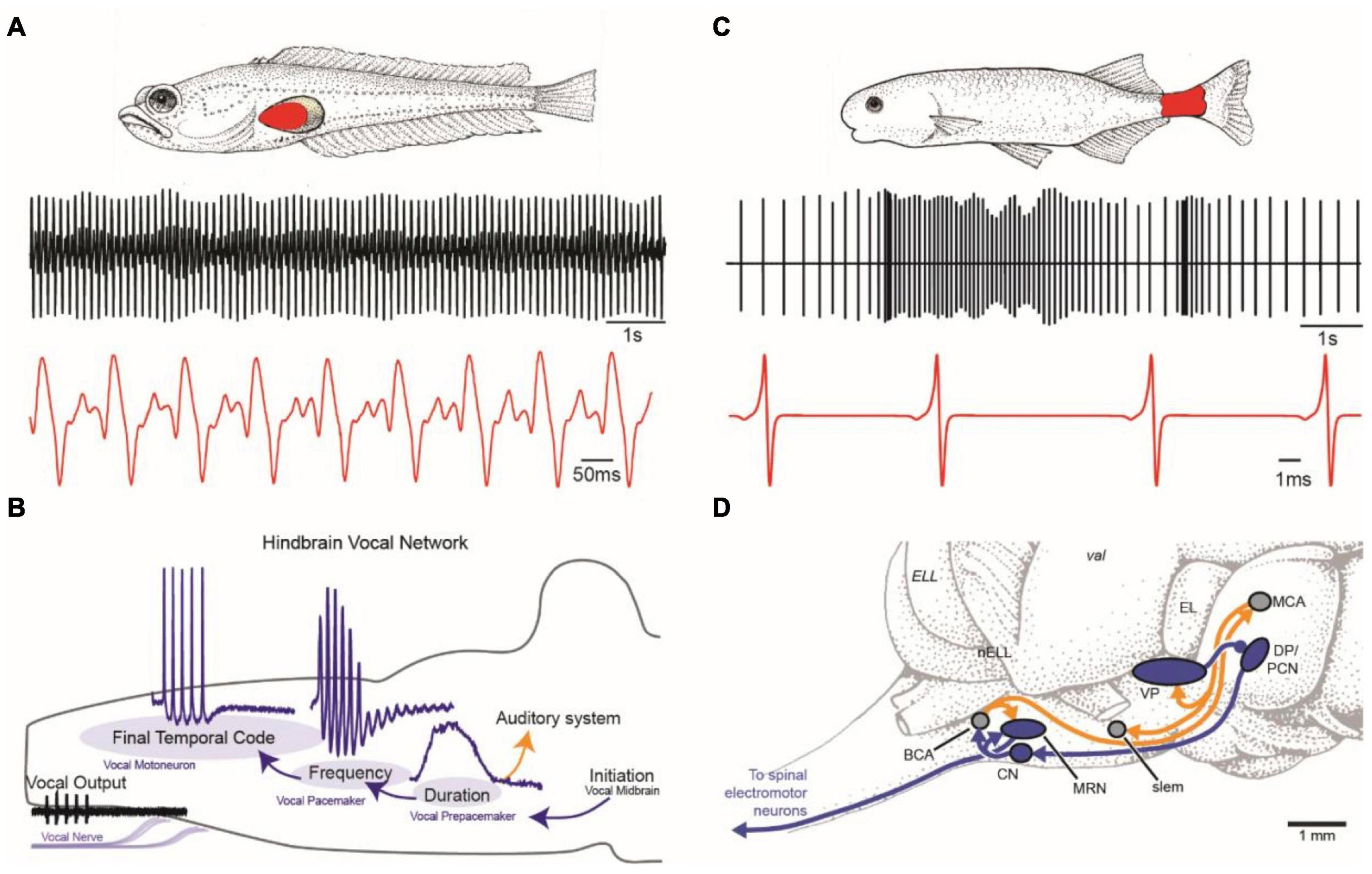
Electric Fish and NeuroAI: Insights into Collective Intelligence
Electric Fish and NeuroAI are at the forefront of innovative research that merges biology with advanced artificial intelligence.These fascinating creatures, particularly the elephantnose fish, have developed the extraordinary ability to communicate through electric fields, providing researchers insight into collective intelligence in fish.
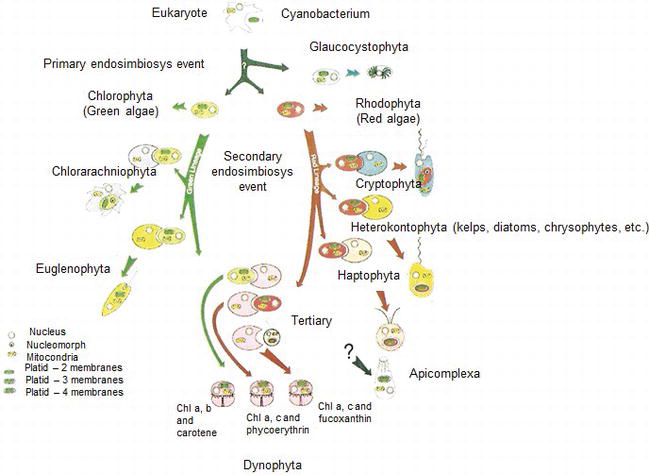
Evolution of Photosynthesis: The Chicken or Egg Question
The evolution of photosynthesis marks one of the most significant events in Earth’s history, transforming our planet’s atmosphere and paving the way for complex life.This process, primarily carried out by cyanobacteria, algae, and plants, allows for the conversion of sunlight into chemical energy while producing oxygen as a vital byproduct.

Twisted Graphene Superconductors: A Revolutionary Discovery
Twisted graphene superconductors represent an exciting frontier in materials science, promising to revolutionize our understanding of superconducting behavior.These innovative structures, created by stacking layers of graphene at specific angles, exhibit unique properties that diverge from traditional superconductors.
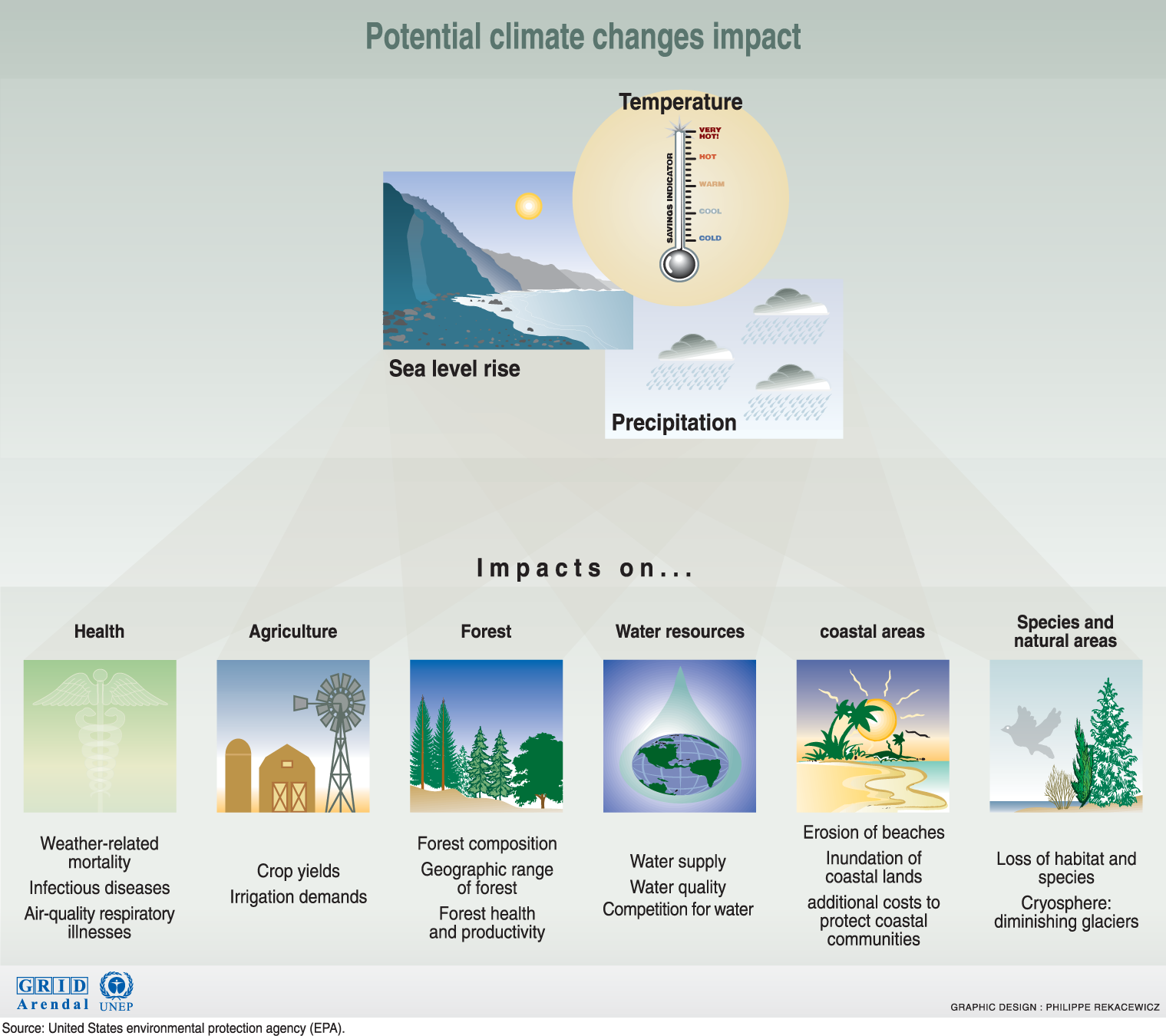
Climate Change Impacts on Harvard Forest Ecology
The impacts of climate change have become increasingly evident, particularly in forest ecosystems like Harvard Forest, where researchers are closely monitoring these changes.As global warming effects ripple through the environment, scientists are witnessing shifts in species composition, with invasive species beginning to dominate over traditional flora.

Topological Qubit: Microsoft’s Leap in Quantum Computing
A topological qubit represents a groundbreaking shift in the realm of quantum computing, significantly enhancing the stability and reliability of quantum systems.Developed by a team led by Chetan Nayak at Microsoft, this innovative qubit has the potential to improve quantum error correction, addressing one of the major challenges faced in the field.
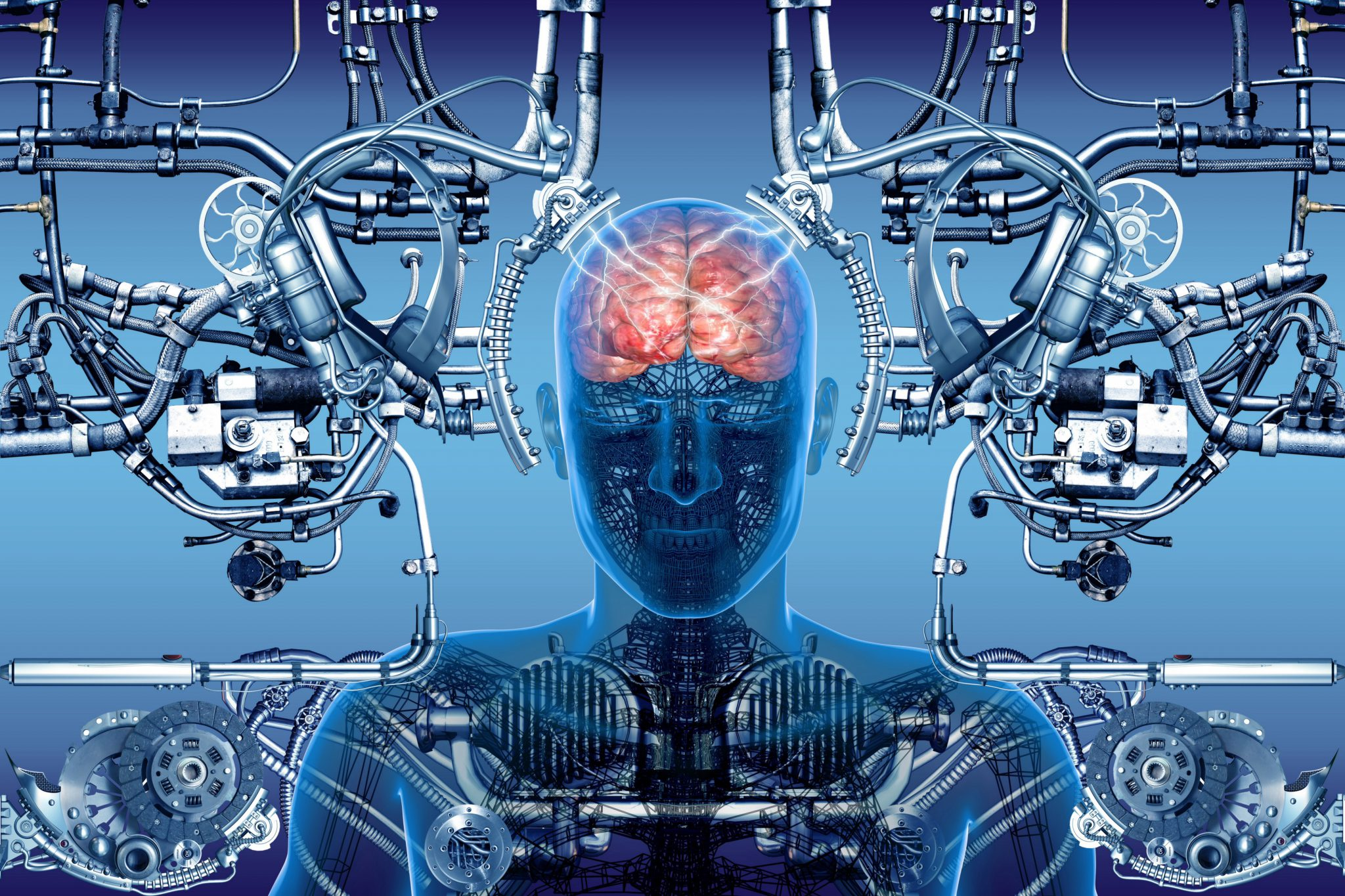
Brain-Computer Interfaces: Promises and Ethical Concerns
Brain-computer interfaces (BCIs) represent a groundbreaking innovation at the intersection of technology and neuroscience.These devices, which allow for direct communication between the brain and external systems, have the potential to revolutionize how individuals interact with technology.
